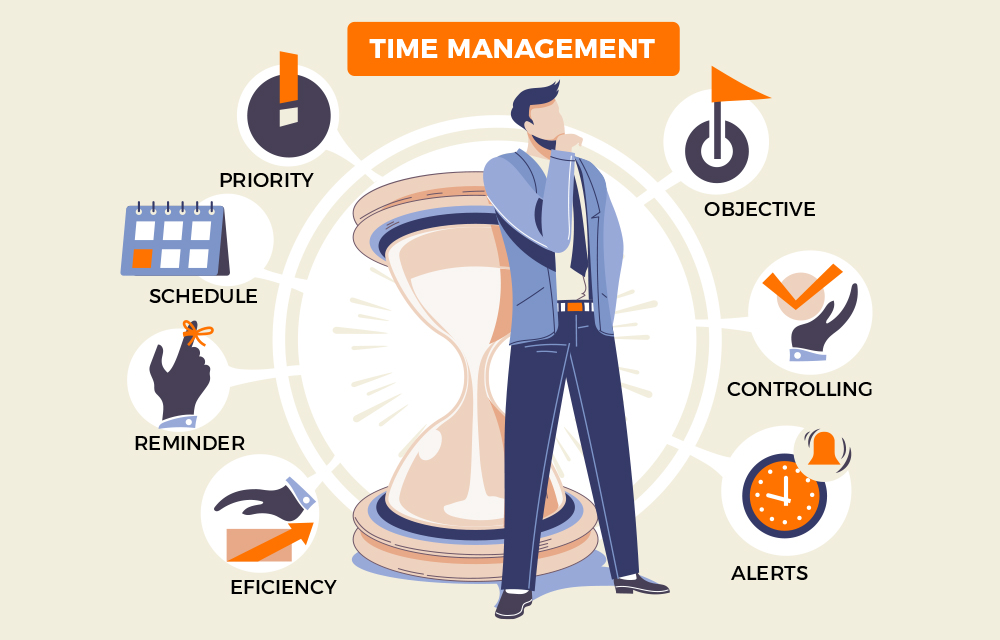In today’s fast-paced and demanding work environment, mastering delegation and time management skills is cruci...
Brickwork Blogs

To navigate time management effectively in 2025, executives should adopt a few key strategies. First, implement time-blocking to secure focused work periods and master hybrid scheduling to coordinate in-person and remote meetings seamlessly. Utilize an "Assess, Prioritize, Reschedule" approach to evaluate and adjust your calendar to handle unexpected challenges continually. Ultimately, adopt inclusive scheduling practices that foster fairness and accessibility for all team members. These strategies will help foster a more productive and equitable w
ork environment.
For those looking to streamline their schedules, Brickwork offers expert calendar management through virtual assistants, helping you better manage your time and focus on what matters most. Our virtual scheduling assistants have the most up-to-date calendar management skills. Contact us to manage calendar.
/AdminFiles/Writing-for-the-Web_2.jpg
(H2)Frequently Asked Questions
While AI
tools can improve efficiency, they aren't essential. Key practices, such as
setting priorities, time-blocking, clear communication, and having a skilled
executive assistant, are crucial for productivity. Many executives thrive with
careful manual planning; AI enhances this but doesn't replace the importance of
foundational human strategies.
The human
touch is essential because it adds important details and context that AI cannot
provide. A human assistant picks up on unspoken cues, understands sensitive
topics, and has emotional intelligence. They create good relationships with
other assistants, which helps with smoother communication. Humans can identify
potential problems before they arise, make informed decisions with confidential
information, and manage tasks and follow-ups effectively beyond just scheduling.
To reduce
reactivity, identify your top 2-3 strategic priorities each week—your "Big
Rocks"—and schedule them first. Regularly assess how you're spending your
time. Be prepared to politely decline requests that don't align with your
priorities, and let your Executive Assistant help protect your focus time.
To reduce
meeting fatigue, add 5–10-minute breaks between meetings for quick refreshers.
Always ask if a meeting is needed and set strict time limits to keep
discussions on track. Try different meeting formats, such as walking meetings
or asynchronous updates, and schedule breaks for lunch, exercise, or quiet time
to help everyone recharge.
To
delegate effectively, build trust, and communicate clearly. Share your
preferences for the week, preferred meeting times, breaks, and priorities. Grant
your EA the necessary access and empower them to manage your schedule
effectively. Schedule regular check-ins to review and adjust as needed and
provide ongoing feedback to continually improve the process.



